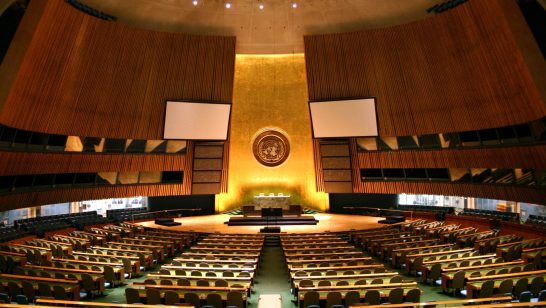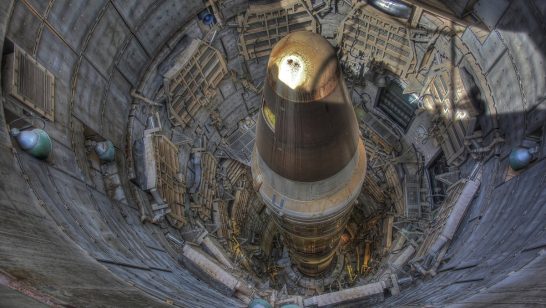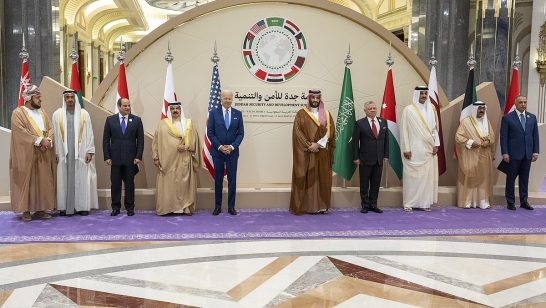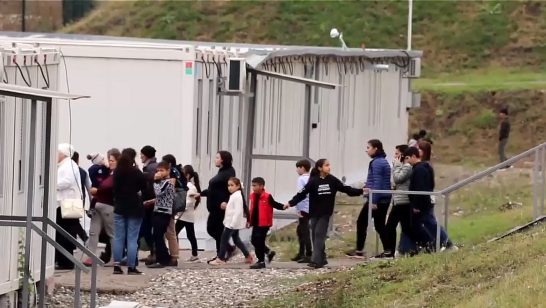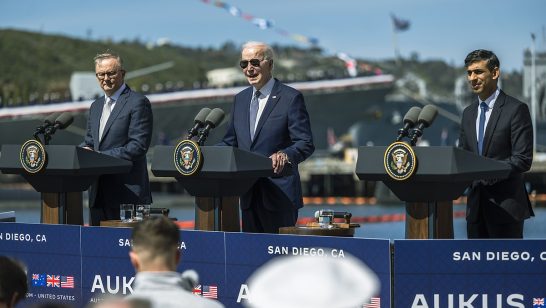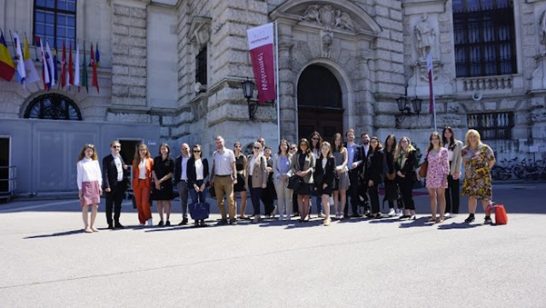
Existential threats beyond the bomb: emerging disruptive technologies in the age of AI
To better understand emerging technologies, NEVER members Konrad, Anemone, Emil, Arthur, and Joel outline the evolution of the risk landscape around emerging disruptive technologies and draw parallels between the dangers posed by nuclear weapons and those posed by novel biotechnologies. They explore the broader challenge of governing emerging technologies and suggest potential ways forward.



